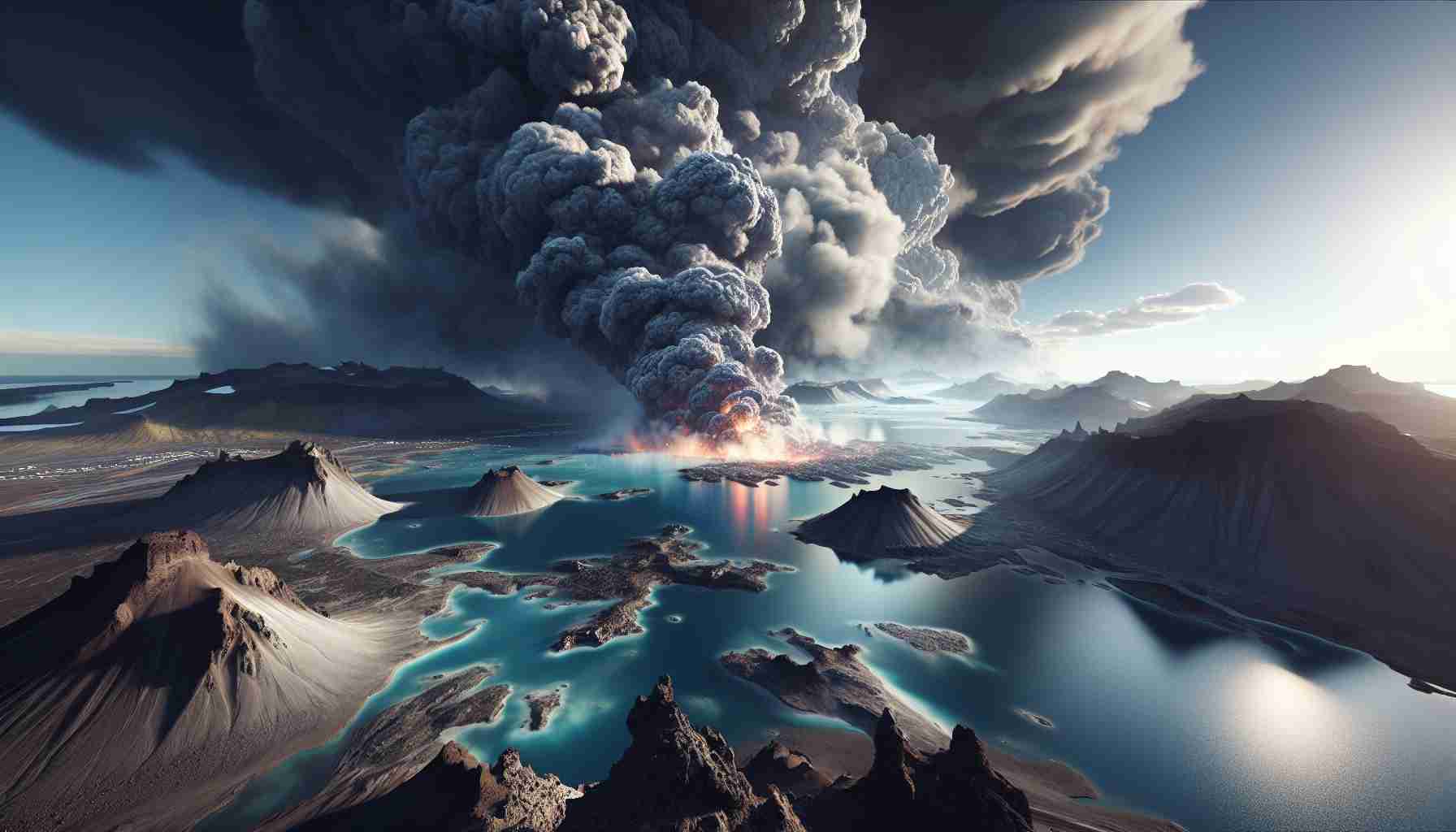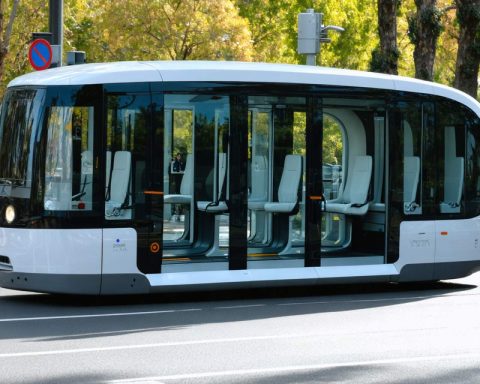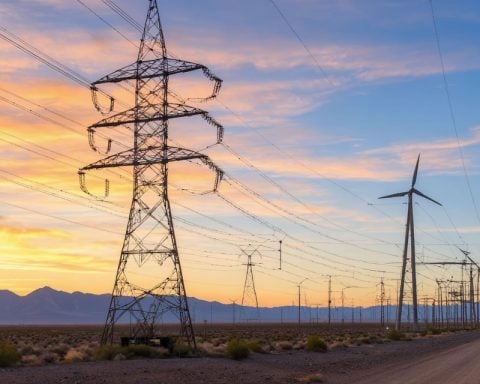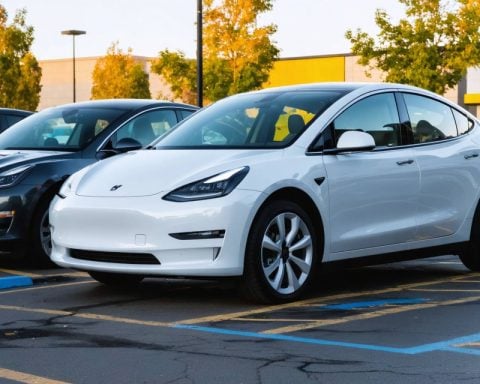A recent volcanic eruption in Iceland has captured international attention, with breathtaking imagery from space revealing the drama. On November 20, a fissure nearly two miles long erupted near the famous Blue Lagoon geothermal spa, presenting a significant natural spectacle and risk to the spa’s facilities.
NASA’s Earth Observatory has shared detailed images of the event, taken by the Operational Land Imager -2 (OLI-2) aboard the Landsat 9 satellite. These images depict vast streams of sulfur dioxide gas emitting from the flowing lava, as seen from space. Additionally, earlier satellite data displayed how the eruption’s glow outshone even the lights of Iceland’s capital, Reykjavík.
This eruption emerged from the Sundhnúka crater on the Reykjanes peninsula, an area recently experiencing heightened volcanic activity. Over the past year, the region has seen several eruptions, causing significant disruption to local infrastructure, including roads and power lines.
The eruption’s proximity to the Blue Lagoon forced its closure, as the resort’s parking lot became enveloped by the advancing lava. Residents of Grindavík, a town central to the seismic activities, had to evacuate as about 50 homes faced imminent danger.
While Iceland’s volcanic eruptions usually occur in less populated northern and eastern areas, this particular event in western Iceland poses unprecedented challenges to both residents and tourists.
As of late November, the Blue Lagoon remains closed, and while the lava flow is decelerating, the situation remains under careful monitoring by experts and local authorities.
Volcanic Drama in Iceland: Insights from Space and Ground
Iceland’s captivating volcanic eruption has garnered worldwide fascination, with mesmerizing images from space shedding light on the event’s magnitude and impact. As analyzed by NASA’s Earth Observatory, the latest development near the Blue Lagoon geothermal spa unveils both the awe-inspiring and disruptive nature of volcanic activities.
Insights and Innovations in Volcanic Monitoring
The use of satellite technology, such as the Operational Land Imager -2 (OLI-2) on the Landsat 9, offers critical advancements in volcanic monitoring. These tools provide high-resolution imagery, capturing extensive sulfur dioxide emissions and luminous lava flows outperforming Reykjavík’s city lights. This technological innovation enables researchers to track volcanic activity from space, complementing ground-based observations and enhancing prediction capabilities.
Environmental and Safety Implications
While Iceland is accustomed to volcanic phenomena, eruptions on the Reykjanes peninsula underscore unique challenges due to their proximity to popular tourist destinations like the Blue Lagoon. Such events necessitate swift responses to protect infrastructure and ensure safety. The recent closure of the Blue Lagoon and evacuation of residents in Grindavík highlight the immediate environmental and safety measures required in the face of natural disruptions.
The Balancing Act: Tourism and Natural Wonders
The recent eruption spotlights the delicate balance Iceland maintains between harnessing its geothermal attractions for tourism and managing the risks posed by volatile natural phenomena. The Blue Lagoon plays a pivotal role in the nation’s tourism industry; thus, ongoing monitoring and adaptive management strategies are crucial to safeguarding both economic interests and public safety.
Future Predictions and Sustainability
As the lava flow slows and the crisis stabilizes, experts focus on the long-term implications and future monitoring of volcanic activities in this region. Predicting future eruptions and understanding their patterns are vital for sustainable tourism and urban planning. This incident emphasizes the need for innovative solutions that integrate natural wonders with sustainable development to mitigate risks and harness opportunities.
By leveraging cutting-edge satellite technology and robust local expertise, Iceland continues to navigate the complexities of volcanic phenomena, balancing environmental stewardship with economic growth. As global attention remains on this remarkable event, ongoing research and adaptive strategies will be imperative for future preparedness and resilience.







